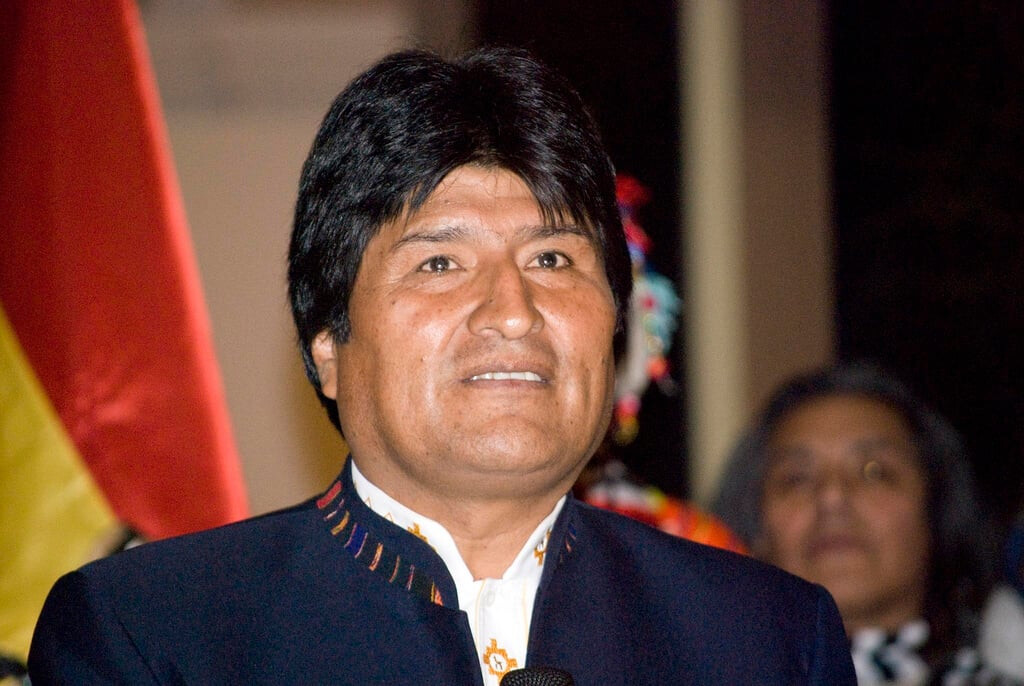
Bolivian politics are engulfed in turmoil due to a legal battle surrounding the arrest warrant for former President Evo Morales. Justice Minister César Siles refutes the recent announcement by a judge that the warrant was nullified, asserting its continued validity. This controversy coincides with Morales' moves to officially declare his fourth presidential bid, significantly impacting Bolivia's political landscape.
Morales has been under an arrest warrant since October 2023 for alleged inappropriate relations with a 15-year-old girl in 2015. Prosecutors claim he fathered a daughter with her and that her parents condoned the relationship in exchange for his favors. Morales vehemently denies these allegations, claiming they are a conspiracy by current President Luis Arce to prevent his political comeback.
The core of the controversy lies in the stark conflict between the court's decision and the government's stance. While a judge announced the warrant's nullification, Minister Siles condemned it as "absurd," insisting the warrant remains valid. He emphasized on state television that "all aspects of the case—procedure, charges, jurisdiction—remain unchanged," advocating for the restoration of the rule of law.
Morales, Bolivia's first indigenous president, significantly influenced Bolivian society during his long tenure from 2006 to 2019. His rule saw economic growth and social reforms, but also faced controversy over authoritarian governance and prolonged power. Allegations of electoral fraud in the 2019 election triggered massive protests, and under military pressure, Morales resigned and went into exile.
Although he returned after his political successor, Luis Arce, won the 2020 election, their relationship deteriorated. Morales accused Arce of diminishing his political influence and hinted at a 2025 presidential run. However, the Bolivian constitution, which has seen interpretations evolve regarding term limits, presents a significant legal challenge to his candidacy.
The arrest warrant controversy further destabilizes Morales' political standing. His supporters denounce the case as political persecution, while opponents demand the strict enforcement of the law. Bolivia's political scene is deeply divided by Morales' potential fourth run and the arrest warrant issue, raising concerns about increasing political instability.
Bolivian political experts analyze this case as a crucial test for Bolivia's democracy. Establishing the rule of law and political stability are essential for Bolivia's development, and the resolution of this controversy could significantly reshape the country's political landscape.
Bolivian citizens are concerned about escalating political division and conflict, hoping for a fair resolution based on law and principle. The Bolivian government faces the task of reaffirming the importance of the rule of law and making efforts toward political stability amidst this turmoil.
[Copyright (c) Global Economic Times. All Rights Reserved.]






























